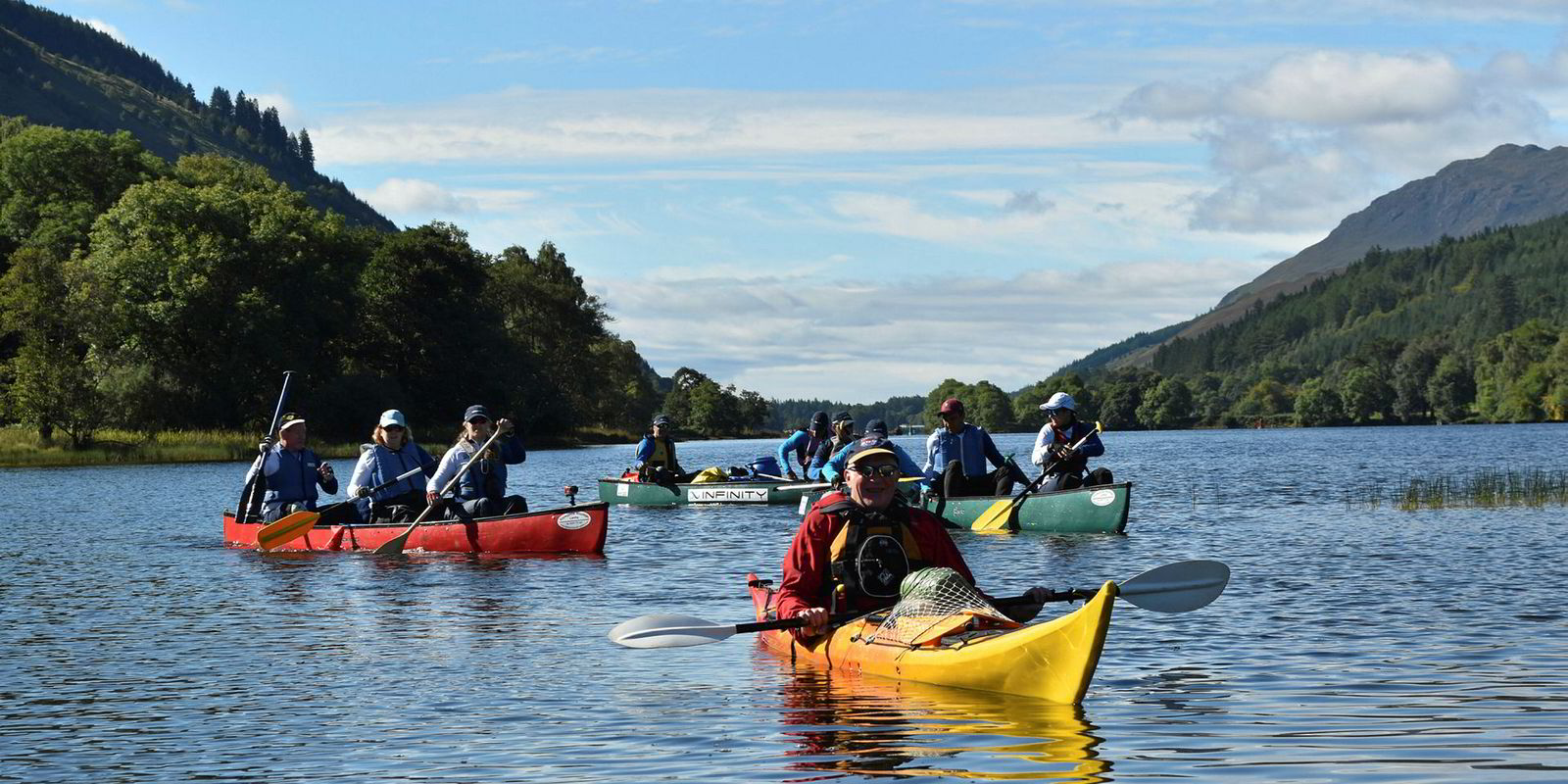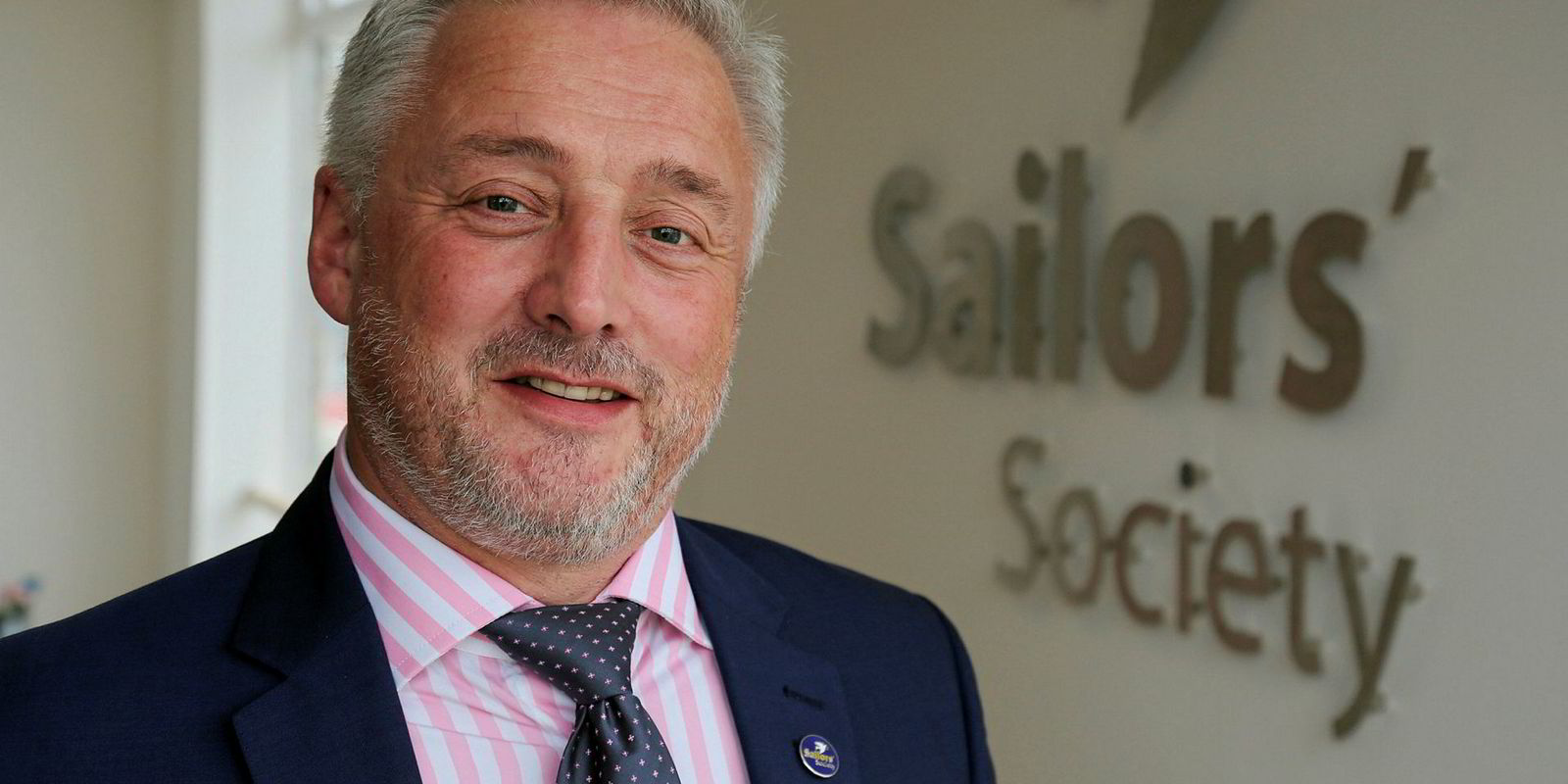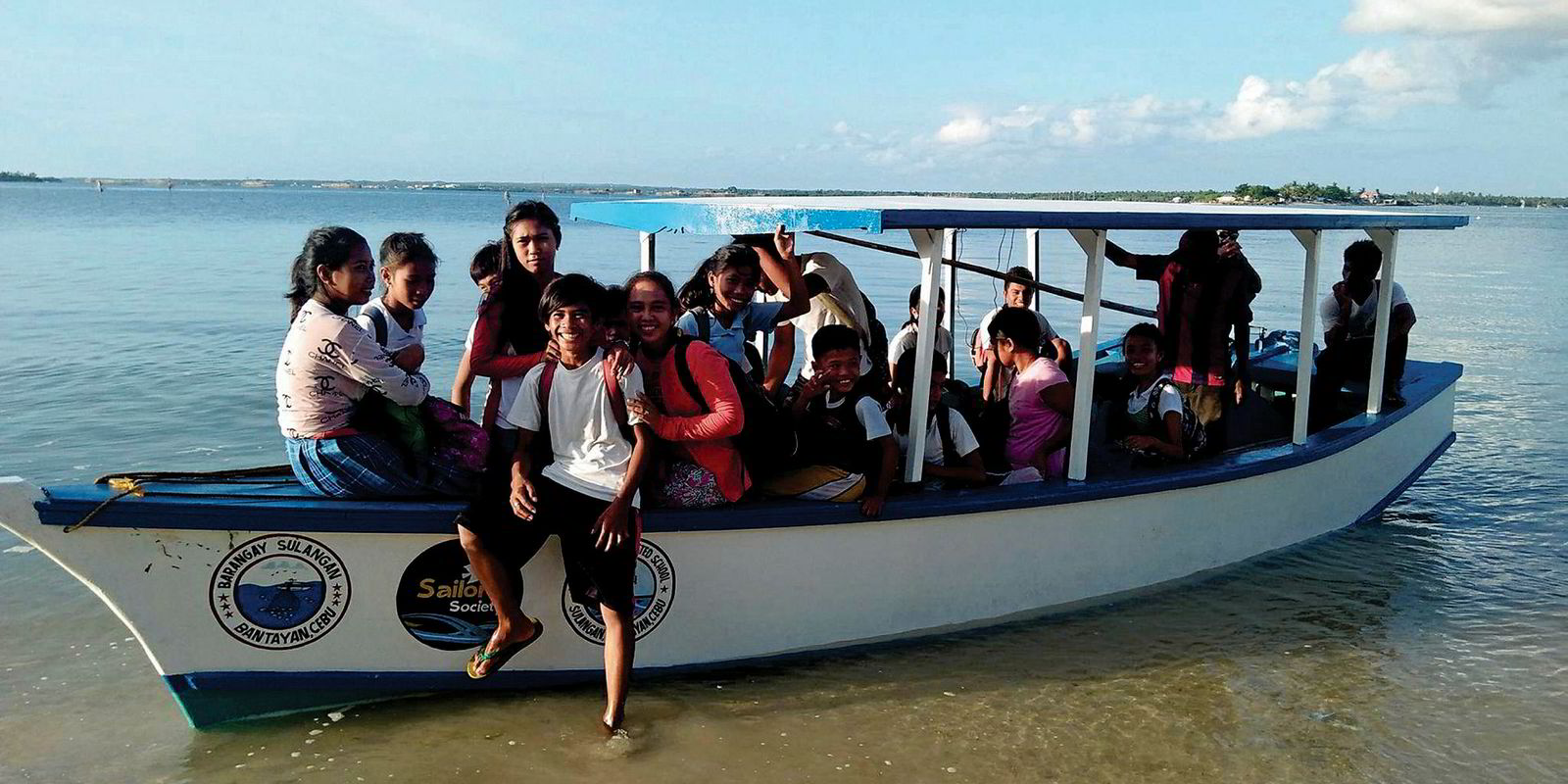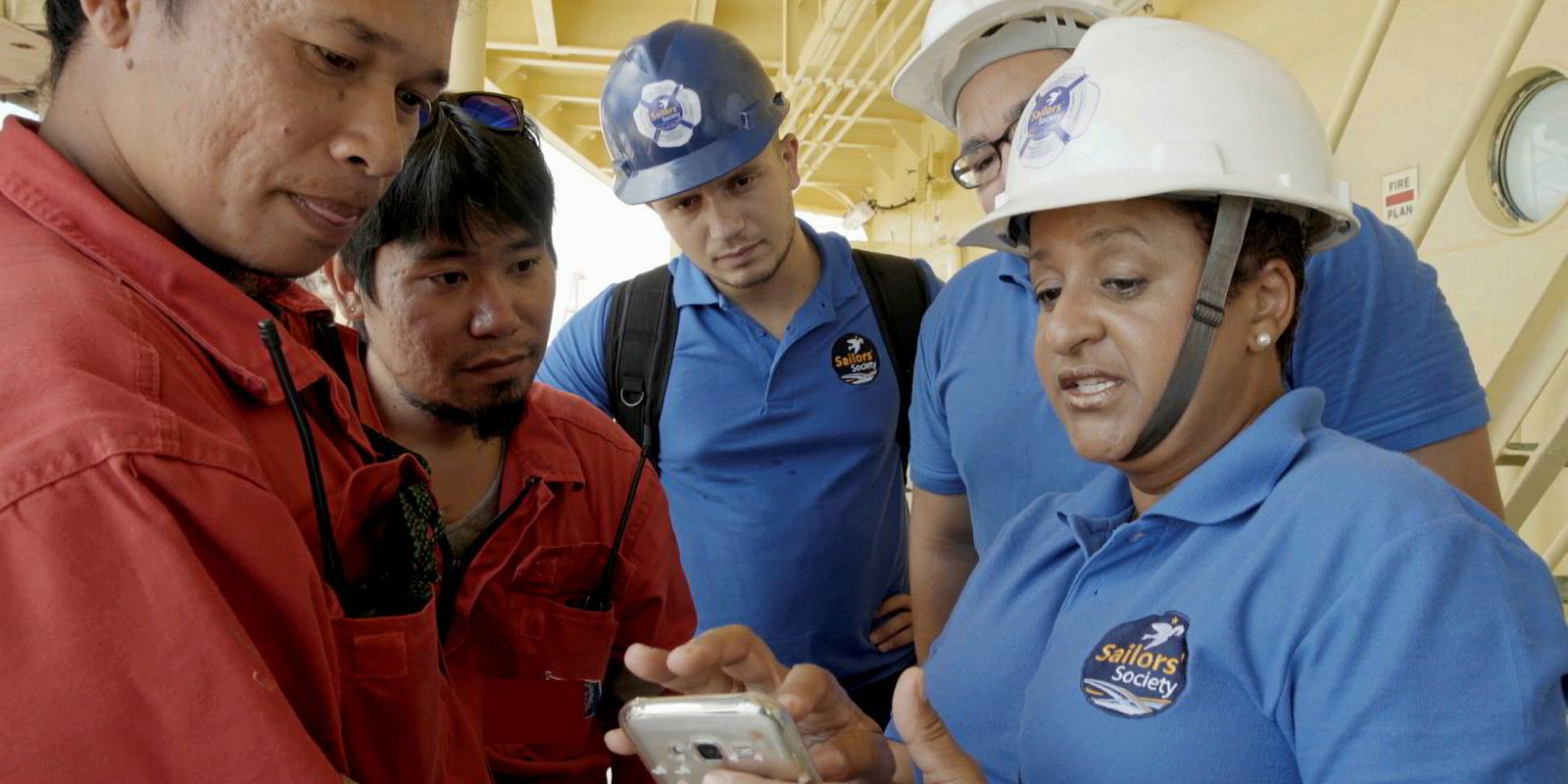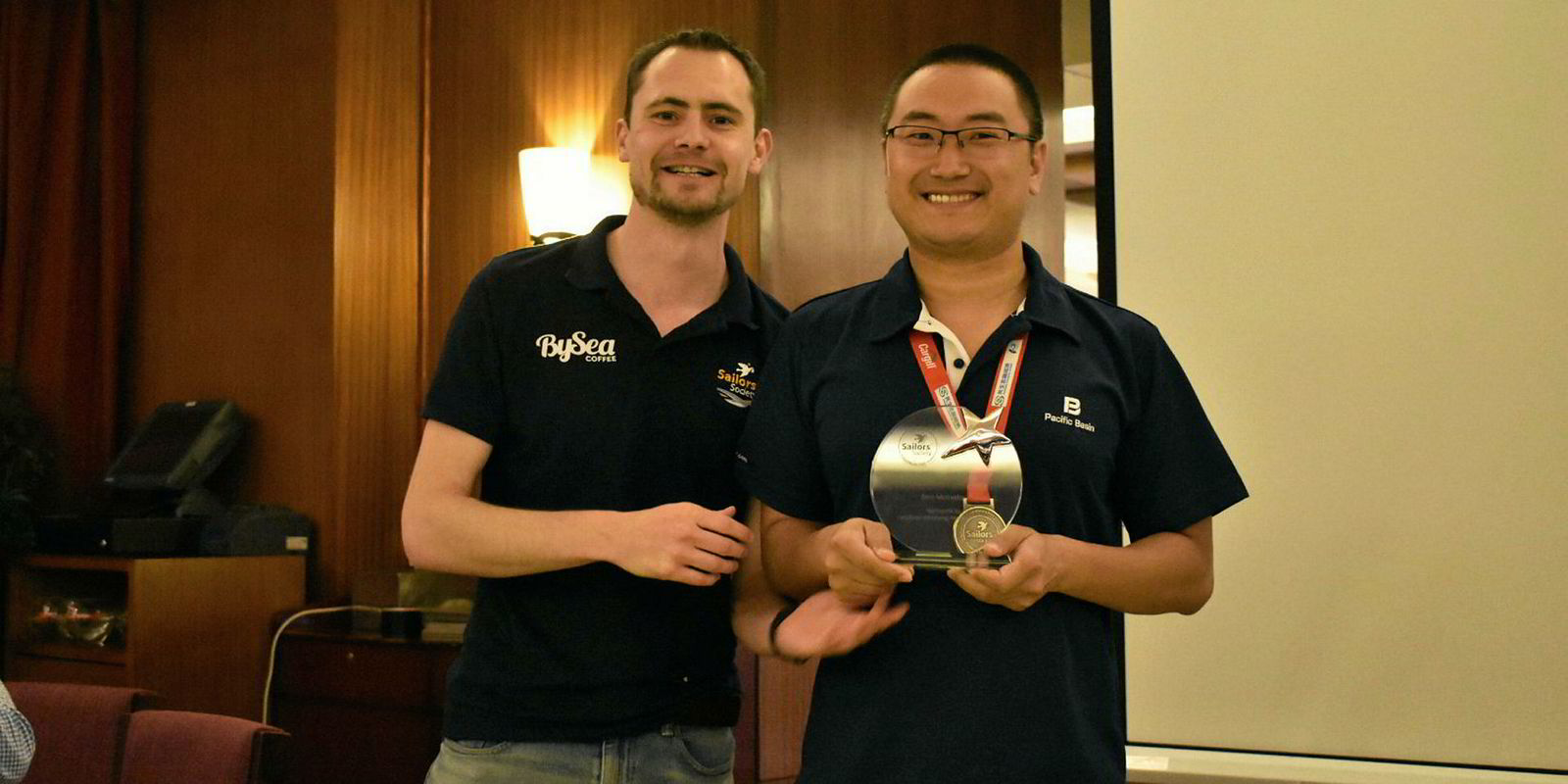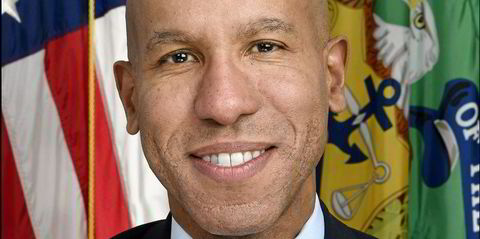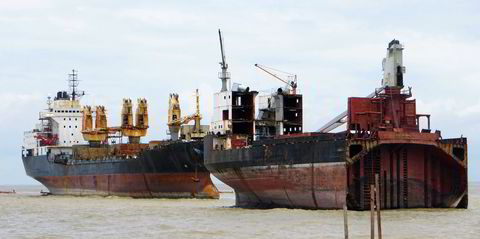The very first thing Stuart Rivers did when he took over as chief executive of the Sailors’ Society was to look at its constitution and what it should be doing.
He concluded it was fulfilling only part of its mandate and he set about extending the reach and range of its activities.
The organisation underwent a detailed review during his first 12 months at the helm, Rivers himself travelling widely to see “what was happening on the front line” instead of initially appointing someone responsible for overseas activities.
Much of the subsequent building of skills and knowledge, along with the network to fully deliver, has been achieved through the use of digital technology.
Leading on digital technology
“We are leading on digital technology as far as delivering welfare is concerned and to the point that many other welfare providers which a few years ago may have been direct competitors of ours, are now customers,” says Rivers. "We provide technology allowing them to be efficient as well.”
That technology includes the society’s ShipVisitor app, which is claimed to have revolutionised the way chaplaincy services are delivered.
The app allows chaplains to connect, report and analyse data on how they are helping seafarers in real time. That data can be accessed by chaplains in other ports to provide ongoing care.
The Wellness at Sea programme helps seafarers to deal with their own social, physical, emotional and spiritual well-being through coaching and a free app. Content is available to seafarers through their mobile phones and connects them to support networks.
Seafarers unprepared
This programme was the result of a meeting in Hong Kong with senior people from the industry who highlighted an increasing seafarer attrition rate. Seafarers were undergoing training but realised early on they were totally unprepared for life at sea and never returned.
“They are prepared from a technical point of view to do their job but not for the social isolation, the separation from family and the loneliness,” says Rivers.
Many are not ready to manage their own finances or even understand their rights under MLC 2006.
“Wellness at Sea addresses all these things,” says Rivers.
“I think we have become far more integrated with the industry over the past five years and far more responsive to its needs.”
This closer integration with industry is reflected in the fact the society has “flipped” the typical UK charities model of depending almost wholly on individual donations so that more than 80% of its income is now sourced directly from industry-linked corporates.
“They believe we can help them solve problems,” says Rivers
Also on the digital front, a SeaWives app has been launched, which is an online forum offering advice and a support network for the wives, partners and families of seafarers.
